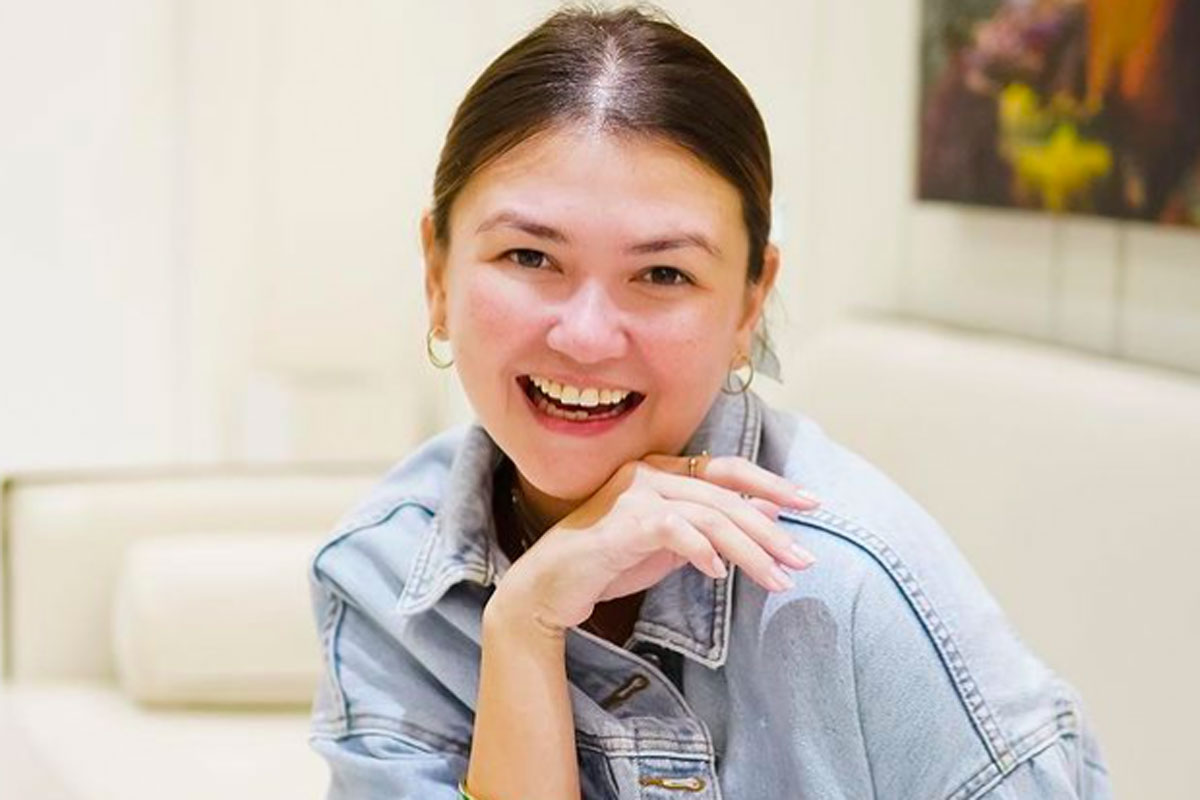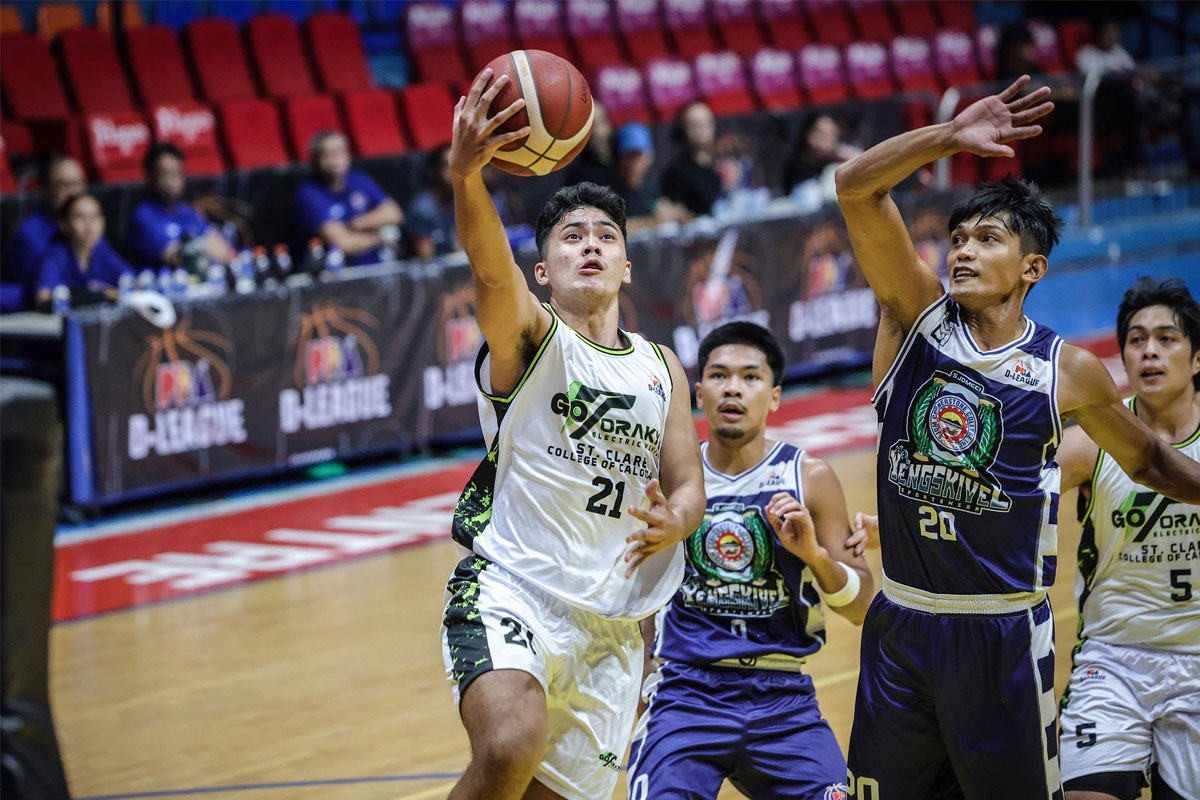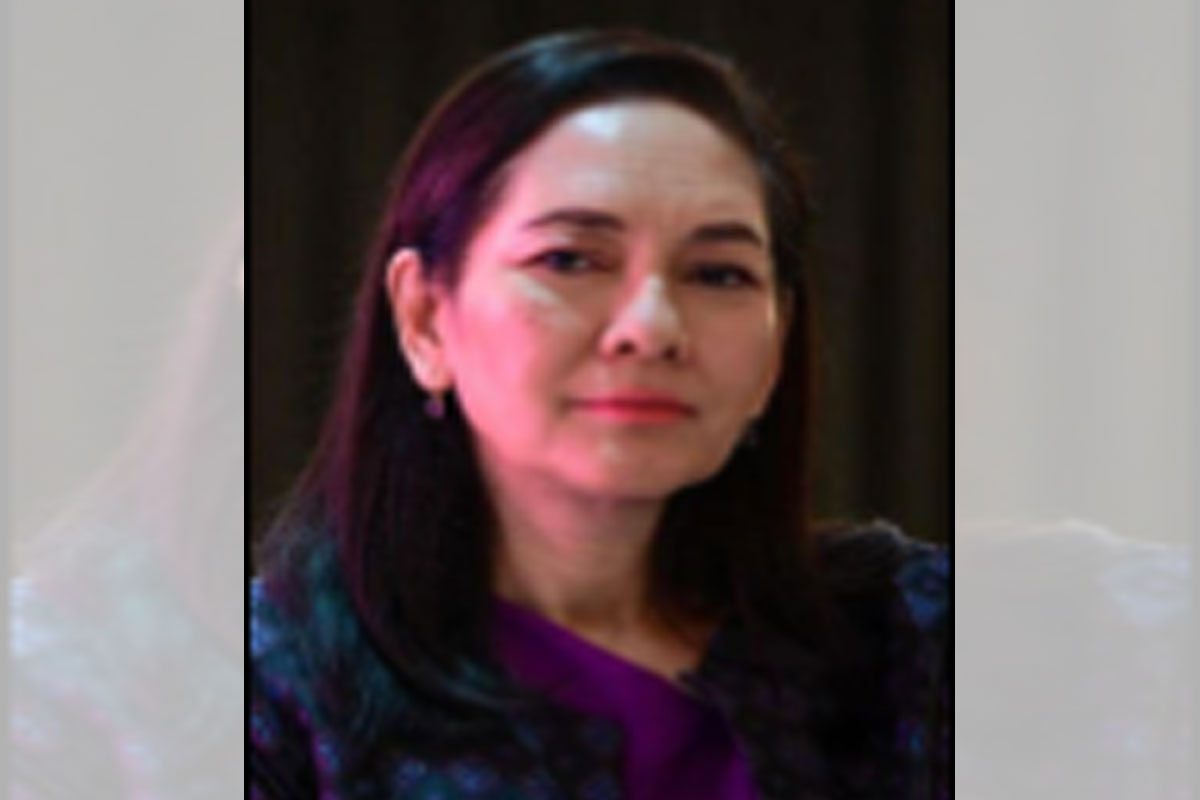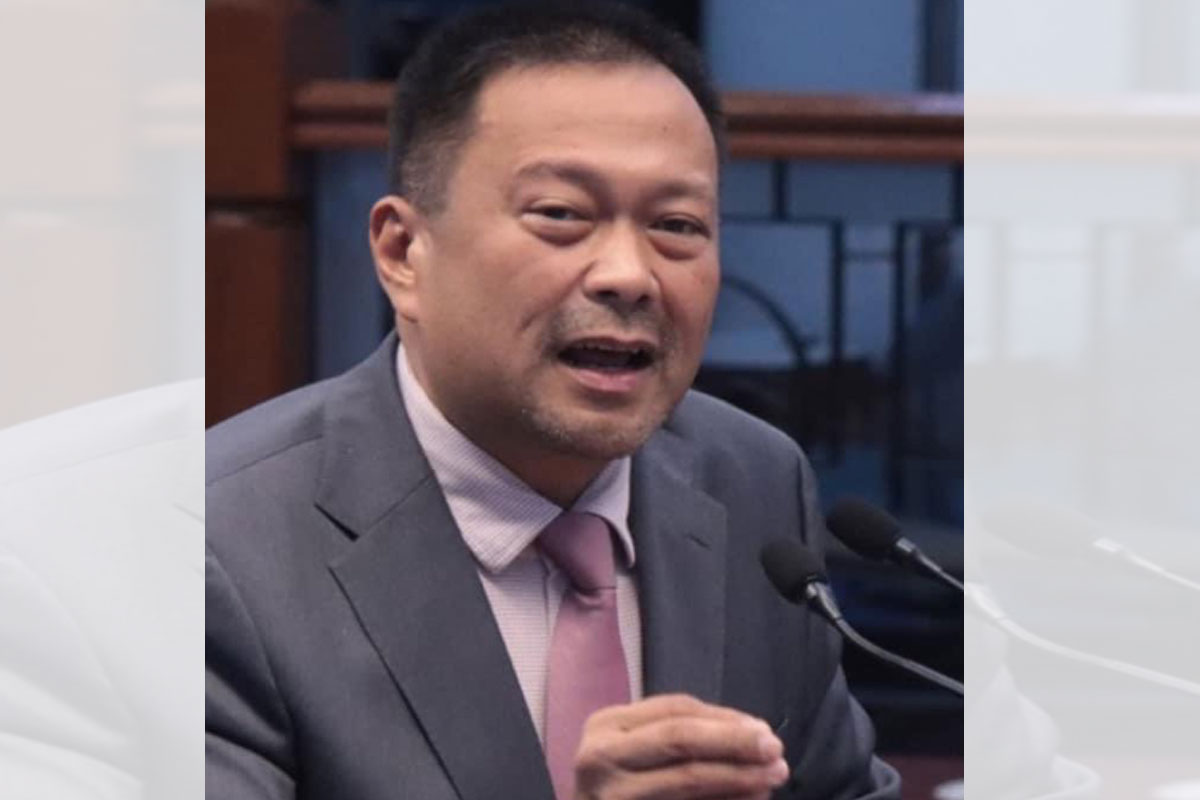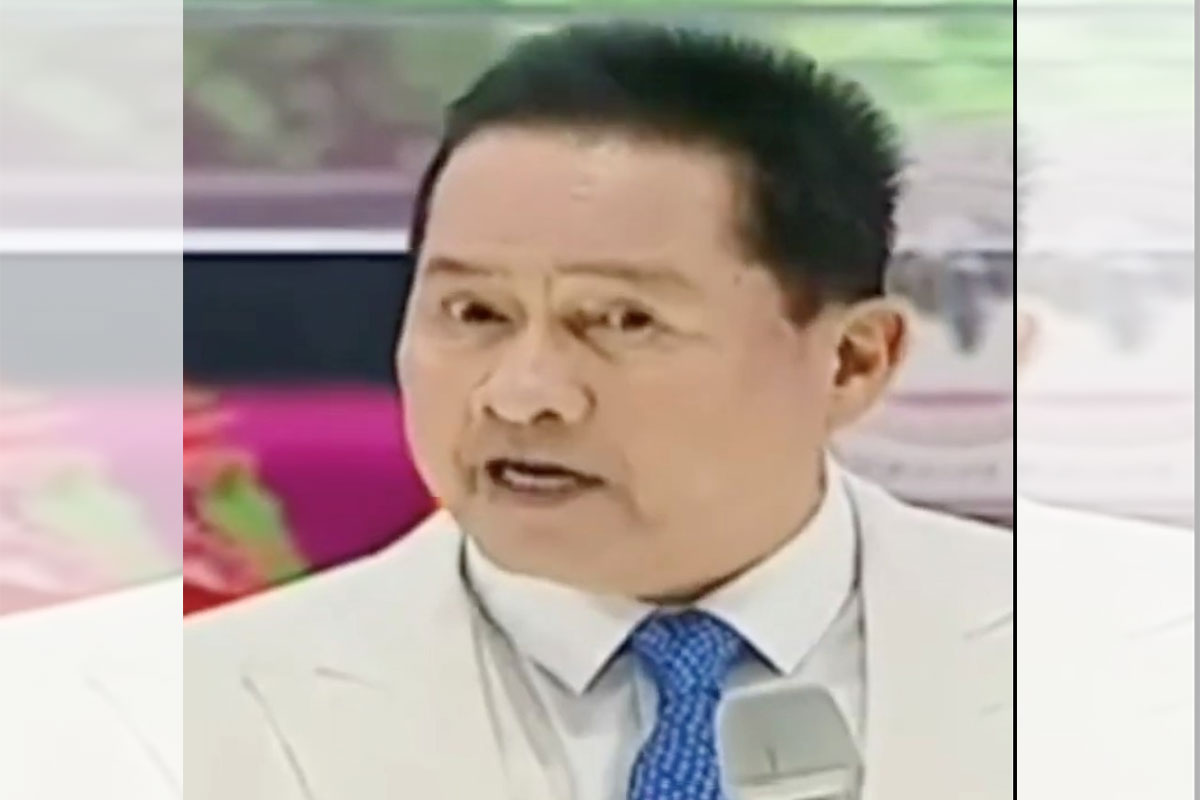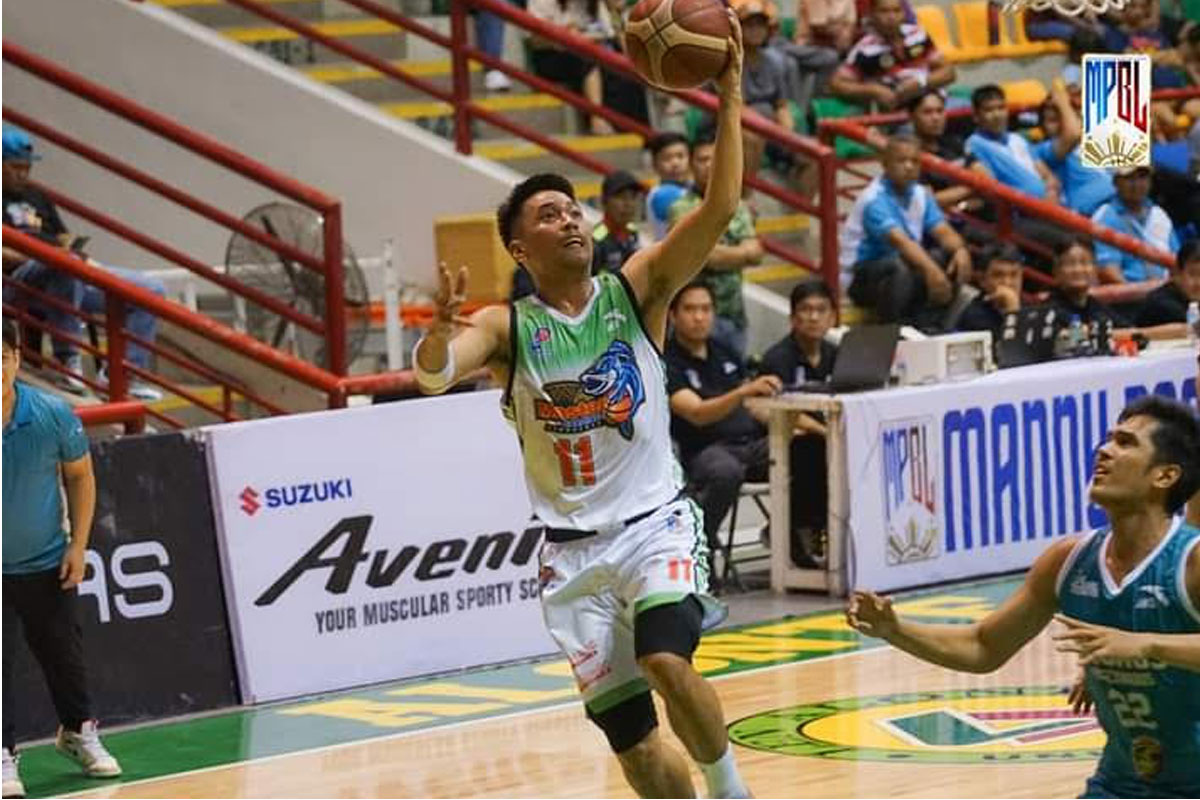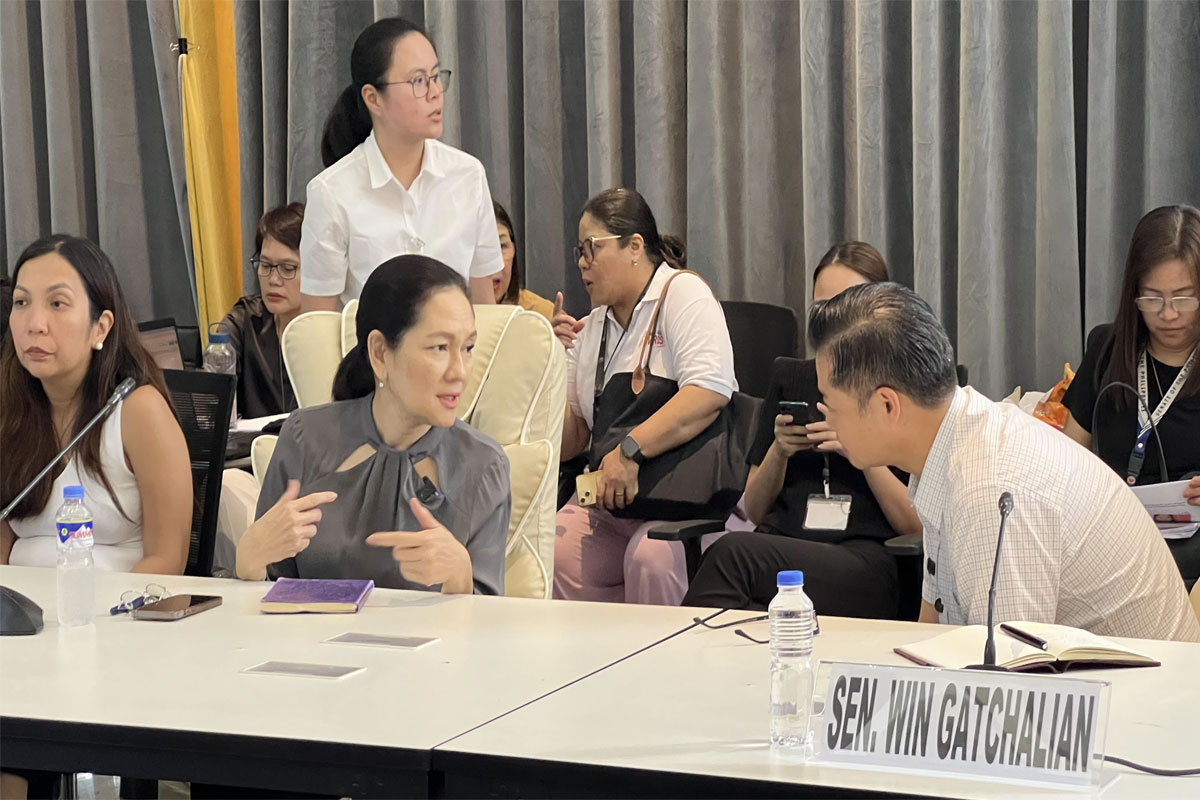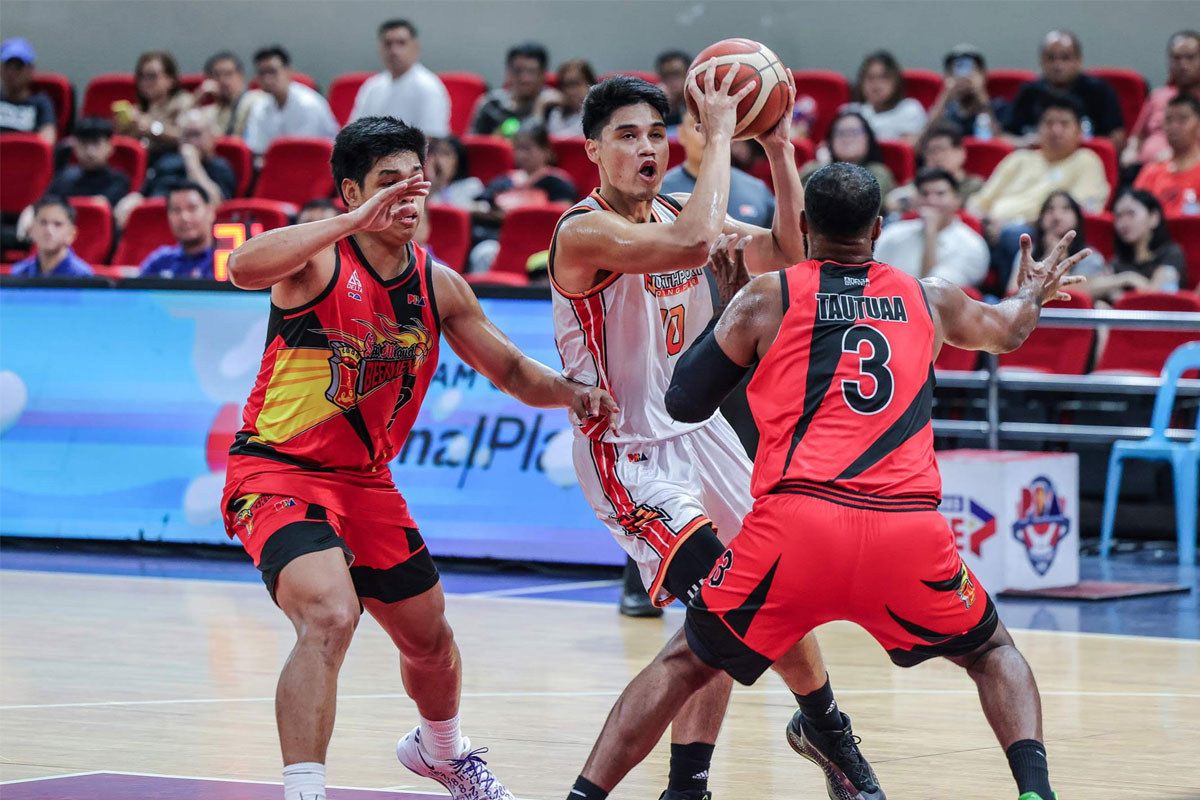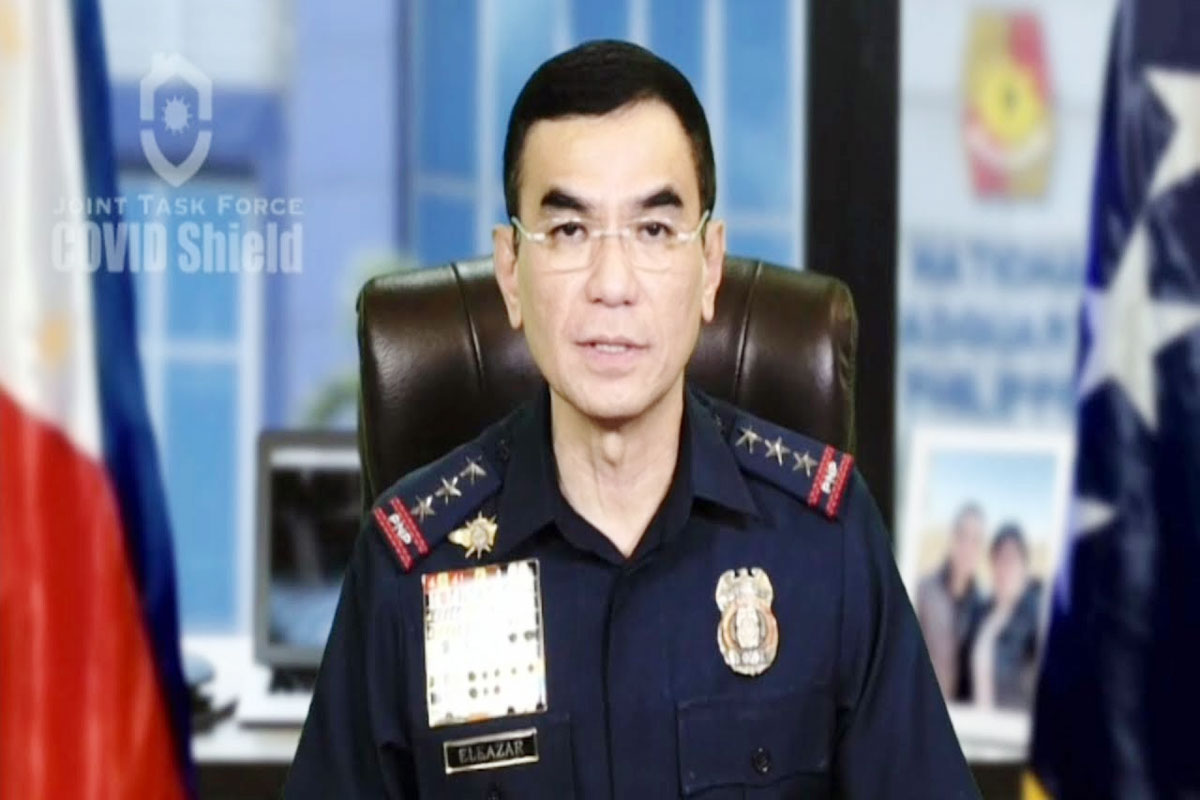
PNP airs concern over SC rules on body camera
PHILIPPINE National Police (PNP) chief General Guillermo Lorenzo T. Eleazar on Friday said a PNP Technical Working Group has come up with some recommendations on the Supreme Court rules on the police use of body cameras for appreciation by the High Tribunal.
“The TWC initially came up with some recommendations re-some concerns na ipaparating namin sa Supreme Court. Napirmahan ko na ang letter addressed to Justice Midas Marquez for their appreciation,” he said.
He was referring to the head of the Office of the Court Administrator Justice Jose Midas P. Marquez.
“Ang amin is we’re requesting for another dialogue again para mapagusapan ito. The bottomline is to improve pa since we have seen some of the provisions, some of which will not make us effective,” Eleazar said.
The top cop said they are seeking another talk with SC officials in order to clarify some things. Gusto po namin is to be more effective and relevant, mas maplantsa pa (the rules). Hindi namin minamadali pero gusto namin maayos ito,” he added.
One concern raised by the PNP-TWG is the ruling that the body-worn camera and its recording should be presented to court as part of evidence and non-observance to the rule could be meant as a technicality which can be always used by legal counsels of arrested suspects, specifically those involved in illegal drug trafficking.
“We are raising some clarifications sa Supreme Court para mas maging effective ang objective ng SC at ng PNP. Hindi namin gusto na maging prone to non-observance ng mga new SC provisions ang mga tao naming nagtatrabaho,” Eleazar said.
The PNP chief previously said they want to have another dialogue with the SC to address concerns raised over some of the guidelines on the mandatory use of body cams when it comes to serving arrest and search warrants.
The top cop said they are pressing for the dialogue amid reservations raised by members of the PNP-TWG created to incorporate some of the High Tribunal rules on the use of body-worn cameras into the Police Operational Procedures.
He said one of the issues is the SC ruling which requires police to use at least two alternative recording devices in the absence of body cameras.
Officials said that under the new SC rules, it would be mandatory for policemen who are involved in law enforcement operations including serving warrants of arrest and conducting anti-narcotics operations to have mobile phones dedicated for such purpose only.
Another concern raised by members of the TWG is that policemen implementing search warrants or making an arrest could be at risk if they use cell phones to record their operations in the absence of a body cam.
“Paano ‘yung pagsugod mo nakahawak ka ng cell phone hindi ba? So hindi siya designed for that,” Eleazar said in noting the possibility that the lives of officers recording their operations with a mobile phone could be in danger especially when they are dealing with “armed and dangerous criminals.”
The PNP chief said that another issue they want to tackle with the SC is the requirement to videotape all their operations and submit them to court as part of evidence by the prosecution.
“You could just imagine that every apprehension that we will make ay meron tayong parang storage device or USB drive,” said Eleazar.
The top cop also pointed out that the PNP-TWG is currently working to help incorporate the SC rules on the use of body-worn cameras by the police on their Police Operational Procedures.
“Lilinawin ko lamang na ang inilabas na alituntunin sa paggamit ng body-worn cameras ay produkto ng pagtutulungan ng PNP pati na din ng Korte Suprema kaya ito ay nagpapatunay na kaisa ninyo kami sa pagsulong hindi lamang ng human rights-based approach in law enforcement kungdi na din ng transparency at accountability sa aming mga operasyon,” he said.
The PNP is consulting closely with the Supreme Court on this process, he added.
Another matter which the PNP wants to discuss with the High Tribunal is the SC decision to scrap the power of Manila- and Quezon City-based judges to issue search warrants outside their jurisdiction.
In many cases, police have used search warrants for violation of Republic Act (RA) 9165 or the Comprehensive Dangerous Drugs Act of 2002, RA 10591 or the Comprehensive Firearms and Ammunition Regulations Act of 2013 and RA 9516 or illegal possession of explosives issued by Manila and QC Regional Trial Courts to raid their targets outside of Metro Manila specifically in Calabarzon and Central Luzon and Mindanao regions.
Eleazar said that they have sought the nod of QC and Manila courts in raiding major drug and weapons’ targets in the provinces as they are fully aware of “leakages” that could jeopardize the conduct of operations once the search warrants come from the provinces where the targets reside and where they are known to be influential.
The PNP reservations on some of the new SC rulings cropped up as the PNP-TWG began working to incorporate the rules crafted by the High Tribunal into official PNP guidelines on the use of body-worn cameras especially in the conduct of drug arrests and seizures.
Eleazar has ordered the PNP Directorate for Operations headed by Major Gen. Alfred S. Corpus and the PNP Directorate for Investigation and Detective Management headed by Major Gen. Arnel B. Escobal to form the PNP-TWG which will incorporate the SC webcam rules in their operational procedures.
The PNP chief said that the TWG will also come up with modules that will be used in the training and seminar programs on all the legal aspect of the use of the body cameras to the police units which received the units last month.
The PNP launched the BWC System on June 4 to ensure transparency and legitimacy of law-enforcement operations. Initially, a total of 2,696 body cameras have been distributed to 171 police stations and offices.
Based on SC’s Administrative Matter 21-06-08 SC issued last June 29, law enforcement officers are now required to use body cameras when implementing search and arrest warrants.
The High Tribunal said that the failure of law enforcers to comply with the new rules will render the evidence seized inadmissible for the prosecution of the offense for which the search warrant was applied.
Likewise, the law enforcers who failed to wear, interferes with or manipulates the camera shall be liable for contempt of court. The new rules also require law enforcers to wear at least one body camera and one alternative recording device.
Currently, the PNP still needs more or less 30,000 body cameras to cover the entire police stations and units of the national police force.
Eleazar said that the PNP is already coming up with information kit on the body cameras that would be given to the potential donors in order to ensure that those which would be donated are compatible with the system that was delivered to the PNP early this year.
The top cop said they still need approximately 30,000 more sets of body cameras in order to cover all police stations and units of the police organization. Each body camera set costs approximately P2 million, which includes 16 cameras and other accessories.
He said the initial objective is to equip the Provincial and Station Drug Enforcement Units as well as the National Support Units that include the Criminal Investigation and Detection Group, the Maritime Group and the Highway Patrol Group.



